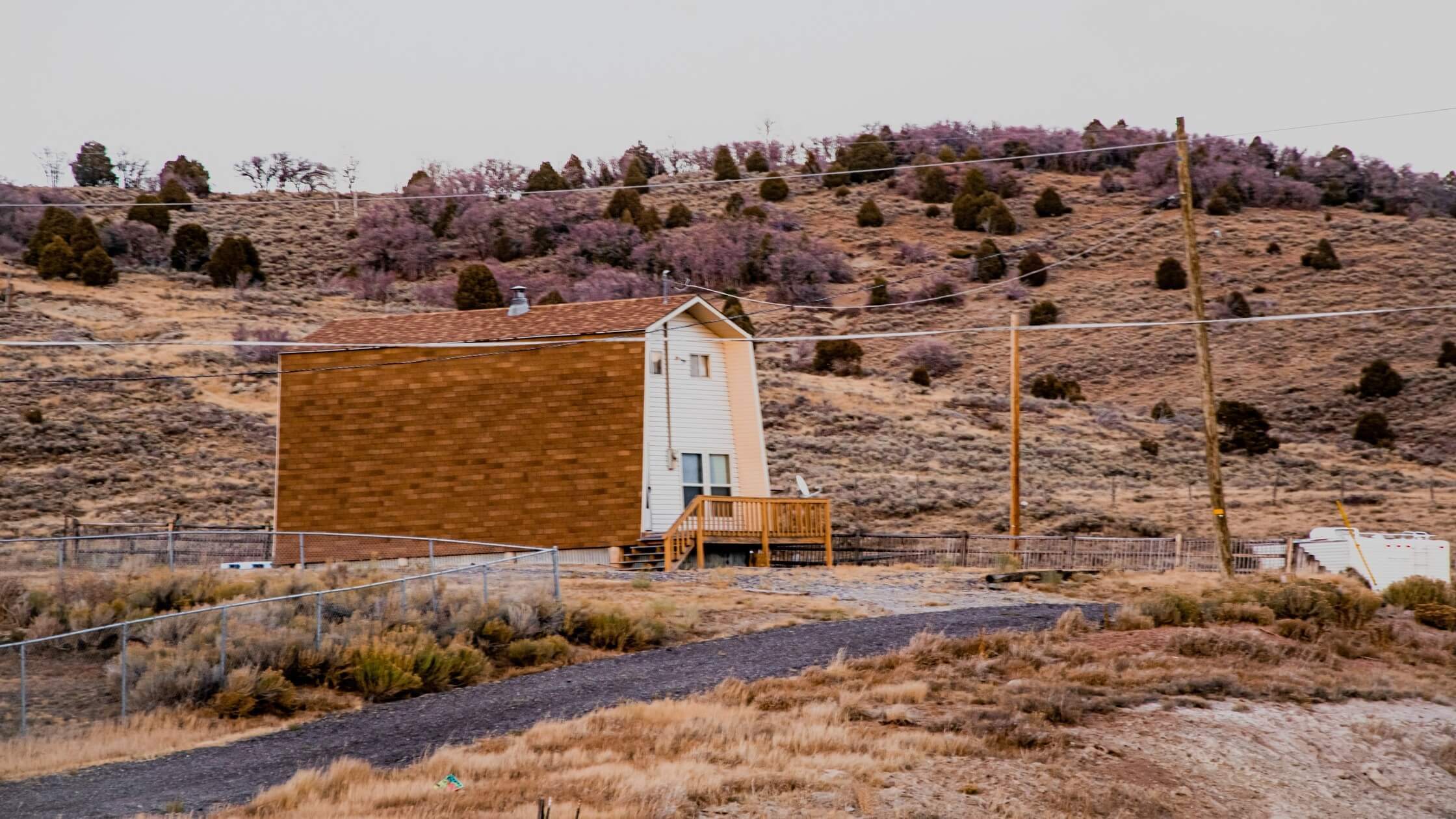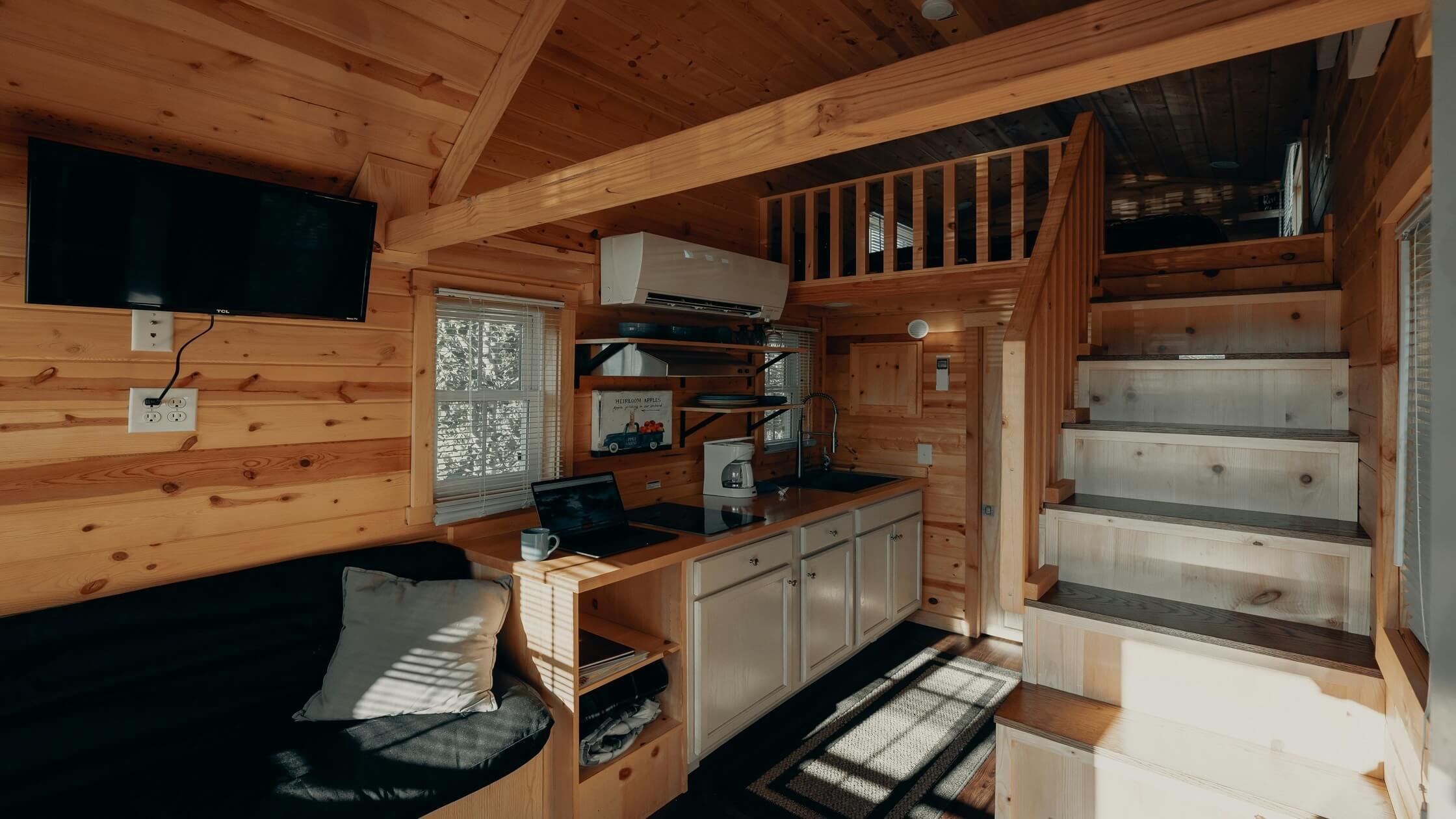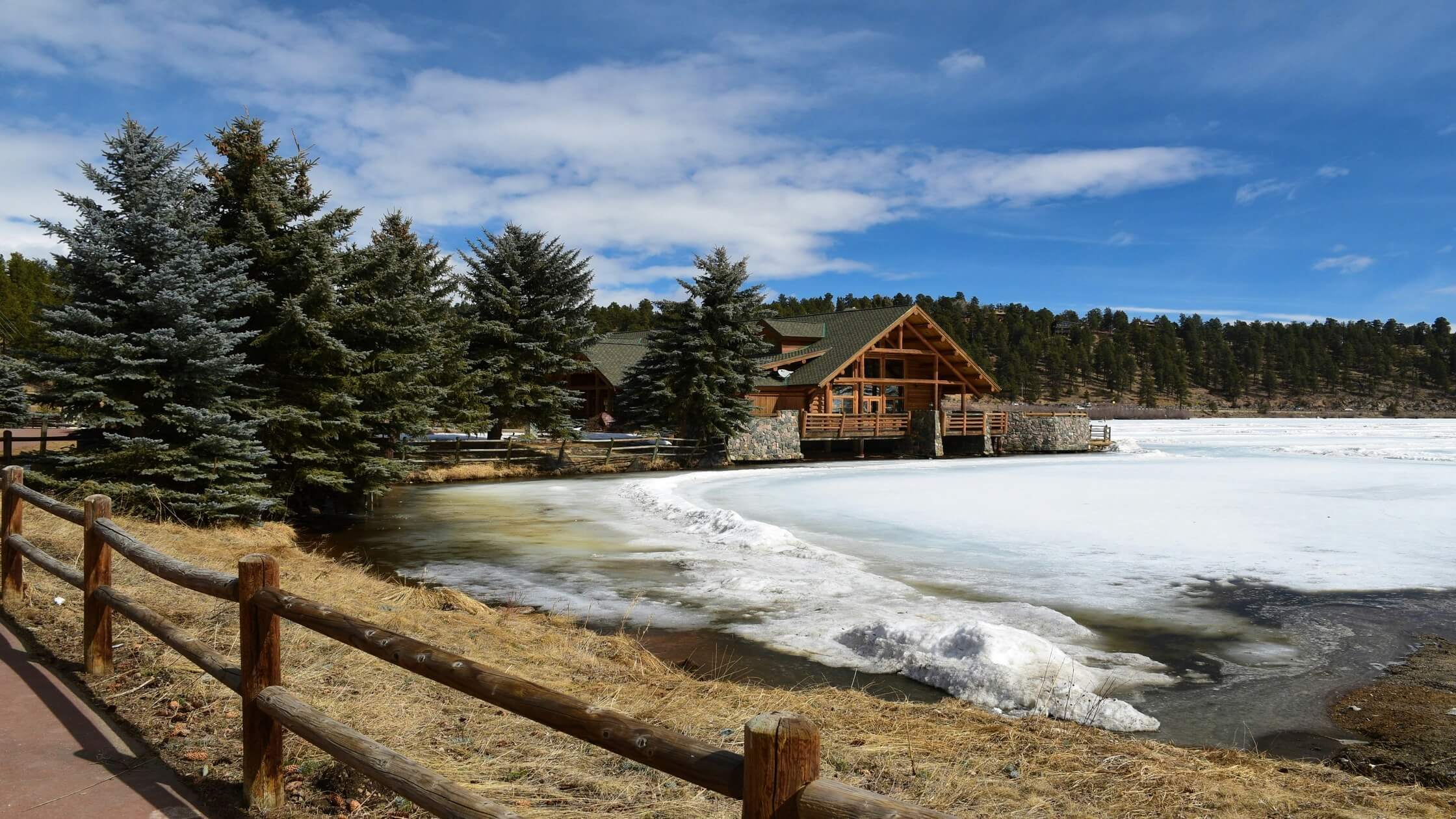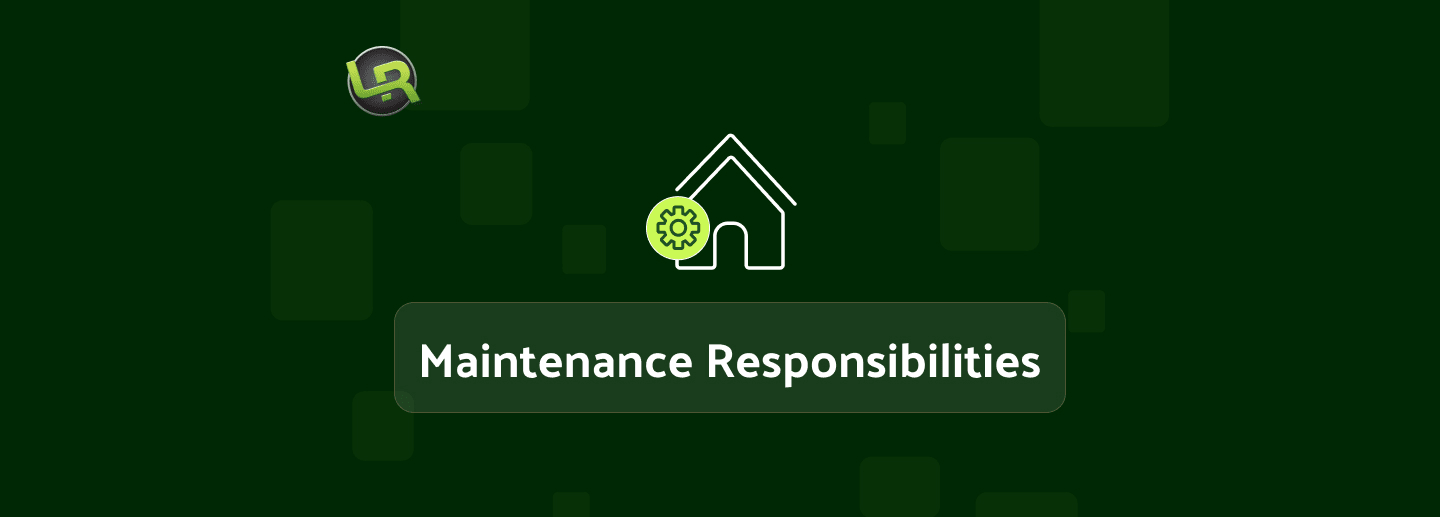Like any other state's rental-related laws in the US, the Colorado Habitability Law ensures that rental properties meet essential standards, protecting tenants from unsafe or unhealthy living conditions.
Recent changes under Senate Bill SB24-094 have further clarified these responsibilities, introduced stricter timelines for landlords, and expanded tenant protections.
If you don’t know where to start, here's a detailed guide on these laws and what they mean for landlords and tenants. Scroll down for more information now!
Colorado's Warranty of Habitability Overview
The Warranty of Habitability Colorado, established under Colorado Revised Statutes (CRS 38-12-503 to 511), outlines what makes a rental property "habitable." Landlords must provide premises fit for living, and tenants have rights if these conditions aren't met.
The Overall Legal Requirements For Habitability
A rental unit is deemed habitable if it:
- Has functioning plumbing, heating, and electrical systems.
- Includes weatherproofing, such as a leak-free roof and intact windows.
- Provides hot and cold running water.
- Has working appliances if included in the lease.
- Maintains safe conditions, free from mold, pests, or structural hazards.
Then, what can be considered uninhabitable living conditions in Colorado? In this state, uninhabitable living conditions refer to rental properties that fail to meet the basics like these:
- No running water, heat, or electricity.
- Structural issues like a leaking roof or unstable foundation.
- Severe mold, pest infestations, or unsafe sewage systems.
- Missing safety essentials: smoke detectors, secure locks, or carbon monoxide alarms.
Implications For Tenants And Landlords
To protect their rights and interests when landlords unfortunately do not meet the above basic requirements, tenants can:
- Notify the landlord in writing; landlords typically have 5 business days to resolve the issue.
- If unresolved, tenants can withhold rent, terminate the lease, or pursue legal action.
- Document issues with photos and maintain written communication for evidence.
Conversely, landlords must address complaints promptly or risk fines, lawsuits, or the inability to evict tenants.
Landlord Obligations Under Colorado Habitability Law

As mentioned above, landlords are responsible for maintaining properties that meet essential health and safety standards. Failing to fulfill these duties or responsibilities can result in legal penalties or tenant lawsuits. However, there are the deeper details you should take a look at:
Provide a Safe and Habitable Living Environment
The law forces landlords to ensure the property is free of potential hazards. This includes addressing:
- Structural safety issues, such as unstable flooring or collapsing ceilings.
- Environmental dangers, like persistent mold caused by leaks.
For instance, a landlord who fails to fix exposed electrical wiring could face lawsuits and fines.
Maintain Essential Utilities
Landlords must ensure access to:
- Functional heating and cooling systems during extreme weather.
- Properly maintained plumbing for toilets, sinks, and showers.
- Electricity for lighting and essential appliances.
Under SB24-094, landlords must respond quickly to utility outages, especially during emergencies like winter storms.
Perform Necessary Repairs In A Timely Manner
The updated law specifies response times:
- 24 hours: Urgent repairs, such as no heat or water leaks causing significant damage.
- 96 hours: Non-urgent but essential repairs, like fixing broken appliances, included in the lease.
Delays beyond these timelines can lead to penalties, including paying for tenant relocation or court-ordered damages.
Fun fact (One of the most popular “weird” rental rights in Colorado):
In Colorado, adults (who are over 21 years old) are legally permitted to plant or grow cannabis inside a private place. Yet, the landlords cannot limit the tenants to use recreational marijuana in their properties, and the only thing they can do is forbid their tenants to “smoke” and regularly do house check-ups.
Tenant Responsibilities in Maintaining Habitability

While landlords bear significant responsibilities, tenants must also contribute to maintaining a habitable rental unit.
- Properly Use and Maintain Rental Property: Tenants must use fixtures and utilities as intended. Misusing appliances or creating conditions that lead to damage can shift repair responsibilities to the tenant.
Example: A tenant who clogs plumbing with improper materials may be held liable for the resulting repairs.
- Notify Landlords of Needed Repairs: Tenants must inform landlords in writing about issues affecting habitability. Providing photos or videos can help expedite the process.
- Avoid Damaging the Property: Negligent behavior, such as leaving windows open during rainstorms, which can lead to water damage, can void tenant claims for habitability violations.
Important Note:
- Tenants who fail to report problems promptly may lose their right to pursue legal remedies.
- Suppose landlords decide to withhold any part of the security deposit. In that case, they must provide the tenant with a statement of damages, which specifies the exact reasons for retaining any part of the deposit.
Important Updates to Colorado's Habitability Law (2024)

In 2024, Colorado introduced significant changes under Senate Bill SB24-094 to strengthen tenant protections and clarify landlord duties.
Stricter Timelines for Repairs
Landlords must now act faster on complaints:
- Start repairs for severe issues within 24 hours.
- Address moderate matters within 96 hours. Failure to meet these deadlines creates a rebuttable presumption of negligence.
Enhanced Tenant Protections
Tenants are entitled to temporary housing if conditions render the unit uninhabitable. Landlords must cover costs for up to 60 days while repairs are underway.
New Documentation Requirements
Landlords must keep detailed records of:
- Complaints were received from tenants.
- Actions were taken to resolve issues.
- Communications with tenants and contractors.
These changes only aim to ensure transparency and prevent potential arguments or disputes.
How Tenants Can File a Habitability Complaint
When tenants experience habitability issues, they should follow these steps to protect their rights:
- Step 1 - Document the Issue: Take photos, videos, and detailed notes about the problem.
- Step 2 - Notify the Landlord: Submit a written or electronic notice describing the issue. Include a deadline for response based on legal timelines.
- Step 3 - File a Complaint: Once the landlord fails to act, tenants can file a complaint with local housing authorities or seek legal remedies.
For persistent issues, tenants may terminate the lease early without penalties or sue for damages, including rent refunds or repair costs. Conversely, if the tenants wish to be released from the lease for no proper reason, they must pay the landlords a month's rental fee within 90 days.
Bottom Line
Colorado habitability laws create a fair framework for landlords and tenants, ensuring safe, livable rental conditions. With updated regulations in 2024, both parties must understand their rights and responsibilities to avoid legal disputes and maintain compliance.
Should you have any further concerns related to these issues, feel free to leave the comments below and we will get back to you as soon as possible.



